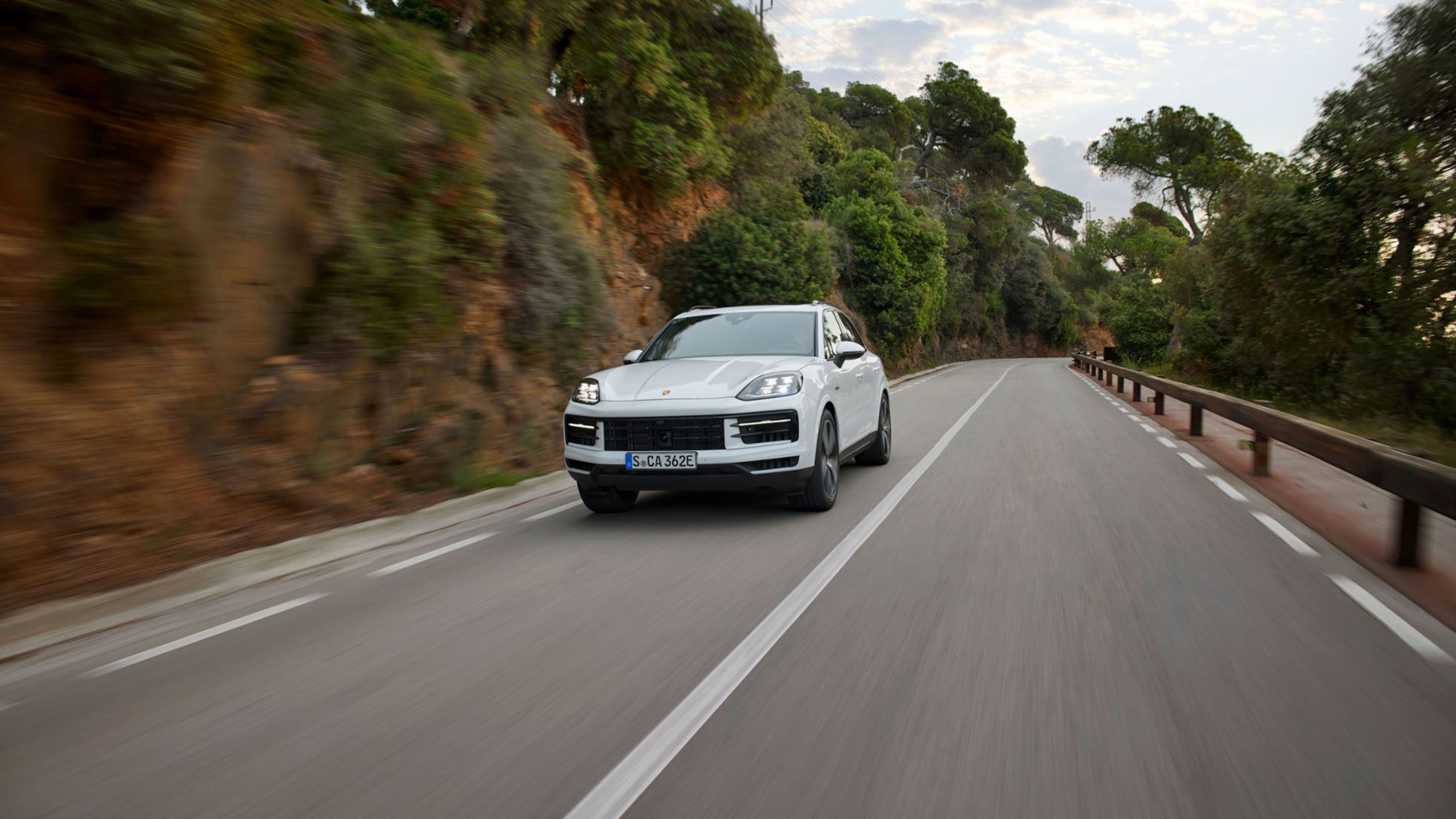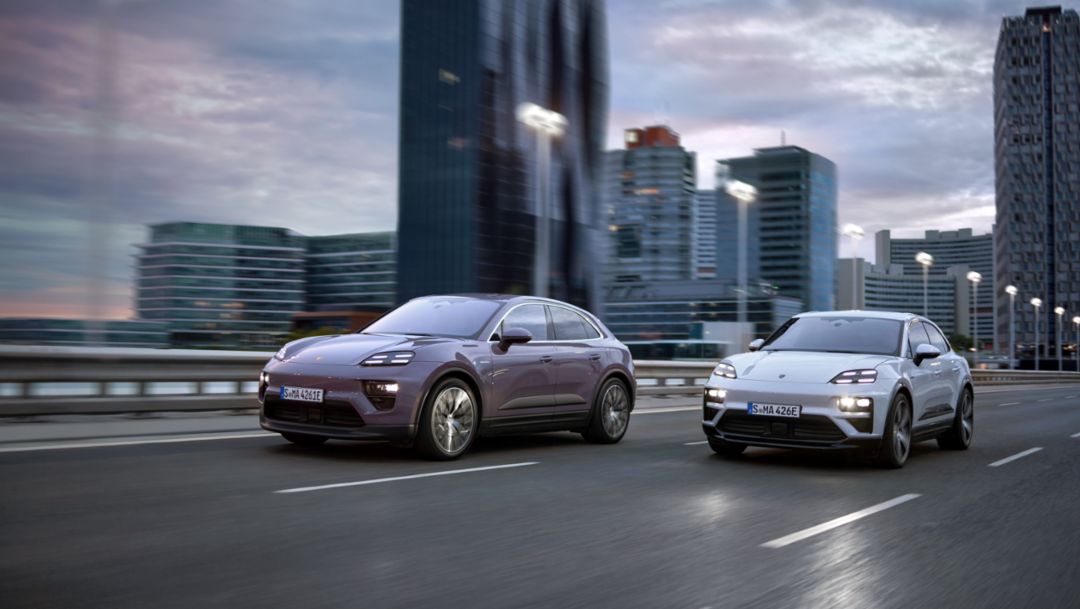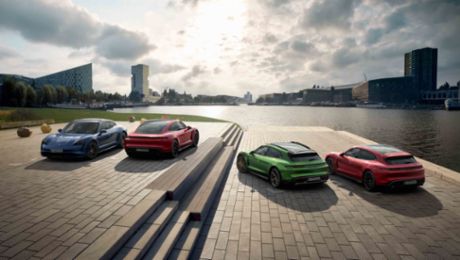“In 2024, we are getting ready for the future. With the all-electric Macan, the new Panamera, the Taycan and the new 911, we are updating four of our six model lines,” says Detlev von Platen, Member of the Executive Board for Sales and Marketing at Porsche AG. “Despite the ramp-up of the new launches, delays in delivery due to regulatory requirements in North America and the still challenging market situation in China, we were able to maintain deliveries at a stable level.”

Growth in Europe and overseas regions
In Europe (excluding Germany), Porsche delivered 20,044 cars in the first quarter, an increase of nine per cent over the same period the previous year. In the company’s home market of Germany, the number of vehicles delivered rose by as much as 37 per cent. In total, 11,274 units were delivered to customers. In China, the sports car manufacturer delivered 16,340 vehicles from January to March – a decrease of 24 per cent. Key reasons for this are the focus on value-oriented sales, the continued tense economic situation in the Chinese market and a strong equivalent period in the previous year due to initial post-COVID catch-up effects. In North America, Porsche delivered 15,087 vehicles to customers, which means a decrease of 23 per cent. The decline is mainly explained by a customs related delay in the shipping of some models. In the overseas and emerging markets, 14,895 cars were delivered to customers, representing an increase of 14 per cent.
Great demand for the all-electric Macan
With 28,025 units, the Porsche Cayenne recorded the most deliveries in the first quarter (+20 per cent). The Porsche Macan was delivered to 20,576 customers. This represents a decrease of 14 per cent and is attributable to a disproportionately strong period in the previous year. Nevertheless, many orders have already been received for the new all-electric generation of the SUV. The first vehicles will be handed over to customers in the second half of the year.
The iconic 911 sports car is still very popular with customers: 12,892 were sold worldwide (+17 per cent). The Panamera was delivered to 6,139 customers (-28 per cent). The decrease is related to the current model change. The same applies to the Taycan. Shortly before the end of the product cycle, 4,236 customers took delivery of the all-electric sports car in the first quarter (-54 per cent). The recently presented new versions of the model have been extensively updated and have more performance and range, faster acceleration and shorter charging times. The first deliveries to customers will start in April. The 718 Boxster and 718 Cayman models posted 5,772 deliveries, representing an increase of 20 per cent.
“With our attractive new models, we are bringing the strongest Porsche product portfolio of all time onto the road in 2024. This puts us in an ideal starting position for the coming years,” says Detlev von Platen. “Nevertheless, so many new launches in such a short time are a very complex challenge. We approach these tasks conscientiously and act prudently. Our focus in 2024 continues to be on value-oriented sales.”
|
Porsche AG |
January – March | ||
| 2023 | 2024 | Difference | |
| Worldwide | 80,767 | 77,640 | -4% |
| Germany | 8,247 | 11,274 | +37% |
| North America | 19,651 | 15,087 | -23% |
| China | 21,365 | 16,340 | -24% |
| Europe (excluding Germany) | 18,420 | 20,044 | +9% |
| Overseas and emerging markets | 13,084 | 14,895 | +14% |
Disclaimer
This press release contains forward-looking statements and information on the currently expected business development of Porsche AG. These statements are subject to risks and uncertainties. They are based on assumptions about the development of economic, political and legal conditions in individual countries, economic regions and markets, in particular for the automotive industry, which we have made based on the information available to us and which we consider to be realistic at the time of publication. If any of these or other risks materialise, or if the assumptions underlying these statements prove incorrect, the actual results could be significantly different from those expressed or implied by such statements. Forward-looking statements in this presentation are based solely on the information pertaining on the day of publication.
These forward-looking statements will not be updated later. Such statements are valid on the day of publication and may be overtaken by later events.
This information does not constitute an offer to exchange or sell or offer to exchange or purchase securities.





